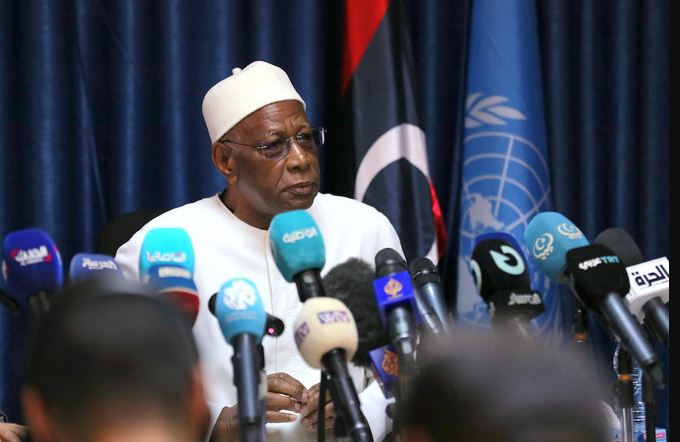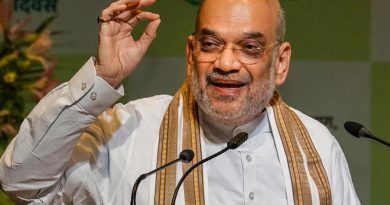Warring Libyan factions are edging closer to peace and elections, according to a UN envoy
In order to achieve agreement on holding significant elections later this year, the UN special envoy to Libya informed the Security Council on Tuesday that he had participated in shuttle diplomacy between political and military parties around the nation.
According to Abdoulaye Bathily, his efforts were successful in persuading rival Libyan factions to agree to continue talks in order to hold inclusive parliamentary and presidential elections and unite the nation.
He continued, “I call on Libya’s leaders and all relevant actors to implement concrete, amicable solutions to realise their commitment to elections.”
Political and institutional leaders have also acted to further the political process. I implore Libyan authorities to fulfil all of their promises in order to live up to the people’s anticipation that they will elect leaders this year.
In order to help the Libyan people realise their “legitimate aspiration” for peace, stability, and prosperity, Bathily asked for assistance.
Since the overthrow of former ruler Muammar Gaddafi in 2011, political factions in the nation have been competing for control.
Libya is still sharply divided between the Government of National Accord in the capital Tripoli and a government in the eastern city of Benghazi that is allied with Gen. Khalifa Heftar, who is in charge of the Libyan National Army. This is true despite attempts to reconcile the differences between the warring groups and come to an agreement on power-sharing. Different regional and international parties back either side.
Gen. Muhammad Al-Haddad and Gen. Abdel Razek Naduri, the two chiefs of staff of the armed forces of the western and eastern regions, met in Benghazi earlier this month and reaffirmed their commitment to advancing the unification of respective military and assisting the electoral process, according to Bathily.
According to Bathily, there is “a new dynamic” in Libya, and security actors have engaged in extensive dialogue.
“All international partners should support the current momentum and speak with one voice on Libyan matters,” he continued.
Bathily called the country’s human rights situation “tense,” with its civic space being “further restricted.”
I implore the Libyan government to uphold their human rights duties, put a stop to impunity, and provide civil society organisations more room to operate, he continued.



